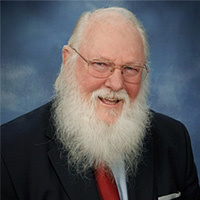Willis Wharf Criminal Lawyer, Virginia
Sponsored Law Firm
-
 x
x

Click For More Info:
-
Tillotson & Martin, LLP
DWI/DUI Defense throughout the Entire Commonwealth of Virginia » view mapCriminal Defense Virginia’s Premier DWI/DUI Defense Firm
Michael C. Tillotson is the one to choose when it comes to DWI/DUI defense in Virginia.
800-878-1431
Jeffrey Cantwell Martin
✓ VERIFIEDMr. Martin received his undergraduate degree from Towson University, where he graduated summa cum laude with a host of scholarships and awards. While ... (more)
Michael Carl Tillotson
✓ VERIFIEDI strongly believe that if you are accused of a DUI/DWI, you deserve the best representation possible. This includes having an attorney who knows ever... (more)
Stephen Foster Forbes
✓ VERIFIEDAttorney Stephen F. Forbes has been practicing law in Hampton Roads since 1982. As the owner and primary litigator of Forbes Law Firm, he represents s... (more)
Terrence K. Martin
✓ VERIFIEDI am attorney Terrence K. martin of the Law Office of Terry Martin and Associates. I know that my clients come to me in times of real need, and I am c... (more)
Wayne Holcomb
✓ VERIFIEDWelcome to Holcomb Law. Right now, what you need is information, right? Even before you hire us, we are committed to getting you free information to h... (more)
FREE CONSULTATION
CONTACT Michael Tillotson Newport News, VA
Michael Tillotson Newport News, VA AboutTillotson & Martin, LLP
AboutTillotson & Martin, LLP Practice AreasExpertise
Practice AreasExpertise





